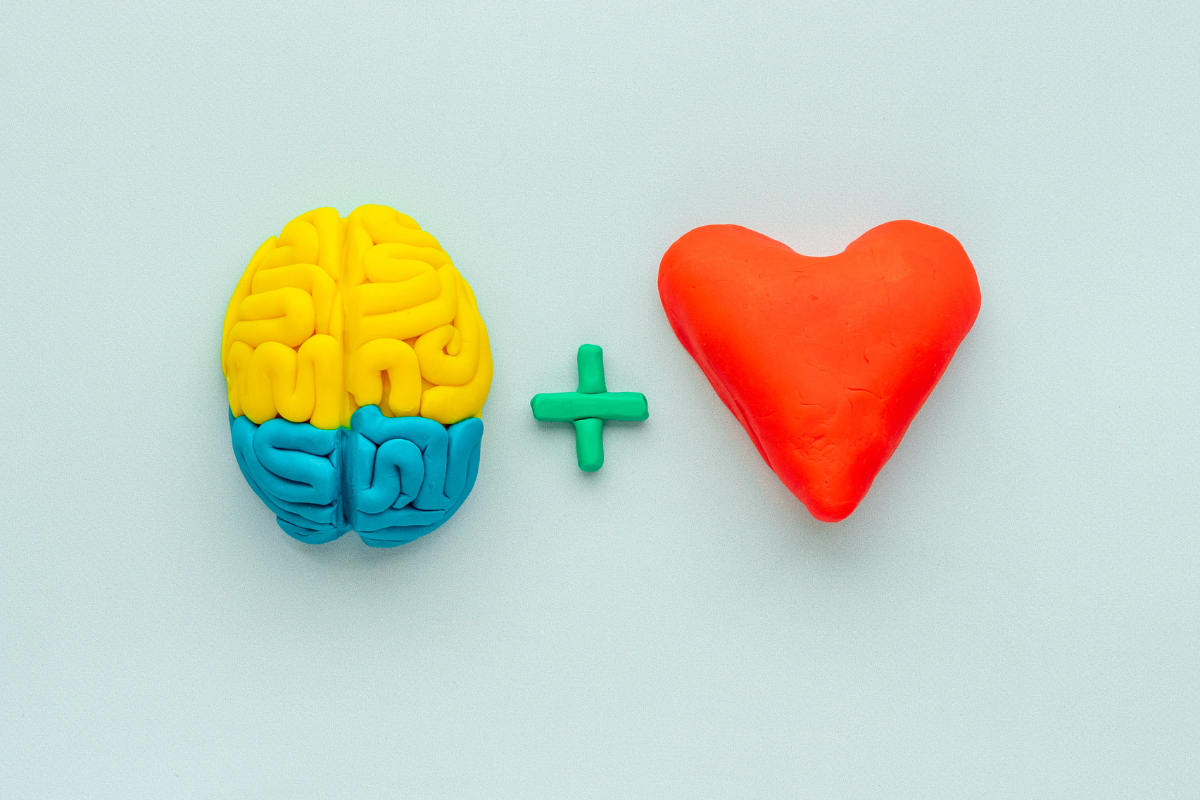The power of emotional intelligence for enhancing wellbeing

Have you ever felt drained after a conflict? Have you ever felt invigorated after overcoming an obstacle?
Picture this: You’re in a bustling veterinary practice when a client, visibly upset about a bill, voices their frustration loudly. In that moment, how you respond matters. You have two choices. You can argue back, show annoyance, and escalate the conflict. Or you can remain calm, listen attentively, and respond politely.
The first option will result in a negative outcome, such as losing the client, damaging your reputation, or increasing your stress. The second option, however, can lead to a positive outcome, such as resolving the issue, retaining the client, or improving your mood. The client might even appreciate your professionalism and learn from your example. Of course, this is not easy to do in the heat of the moment. But with practice, and patience, you can develop your emotional intelligence and reap the benefits.
Emotional intelligence and stress
According to Wikipedia, emotional intelligence (EI) is “the ability to perceive, use, understand, manage, and handle emotions, both in ourselves and in others.” Regardless of your job or your personal lifestyle, your EI and that of those around you will affect every situation. This is true in all industries, but especially in veterinary medicine where emotions run high.
In a stressful and emotional setting like an animal hospital, EI is essential as it enables team members to empathize, communicate effectively, and build strong relationships with clients and colleagues. EI also helps veterinary professionals cope with stress in the following ways:
- Recognizing negative emotions such as anger, fear and sadness can prevent feeling overwhelmed or stressed and provides an opportunity to practice coping activities like deep breathing or breath counting.
- Offering empathy and compassion toward others can increase feelings of connectedness and decrease loneliness.
- Controlling anger towards others can help resolve misunderstandings calmly.
- Feeling positive emotions can lead to higher productivity and self-confidence.
Emotional intelligence and wellbeing
Psychology Today defines wellbeing as “the experience of health, happiness, and prosperity. It includes having good mental health, high life satisfaction, a sense of meaning or purpose, and the ability to manage stress.” Increasing EI can improve wellbeing by mitigating stress. Take the example of the angry client who can harm our mood and mental health. If we can empathize with the client and defuse the situation, we can reduce our stress levels. This can also calm the client and improve the relationship.
By using emotional skills such as empathy and self-regulation, mental and physical wellbeing are enhanced. Research shows that controlling reactions to stressors reduces anxiety and meaningful connection with others improves mental and physical health.
The following steps can be taken to increase EI and improve wellbeing:
- Pay attention to your emotions and reactions and practice self-regulation techniques like breathing exercises and journaling.
- Offer compassion and gratitude to yourself and others during stressful situations.
- Seek feedback from people you trust so that you can receive the feedback in a way that allows you to reflect and grow.
- Practice active listening to improve relationships and communication and insert empathy into conversations as often as possible.
- Seek help from friends, coaches, or counselors whenever coping becomes too difficult.
No matter where you are in your EI journey, remember that growth is possible. Be kind to yourself and others, recognizing diverse approaches to EI. Each journey is valuable; find what works best for you. Stay mindful and deliberate in your efforts. Your emotions impact your wellbeing, so take responsibility for your growth and support others when needed.